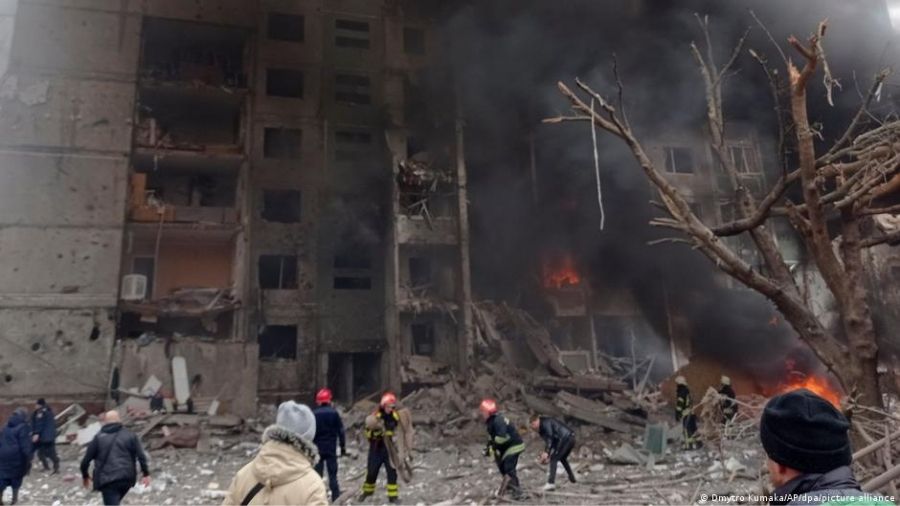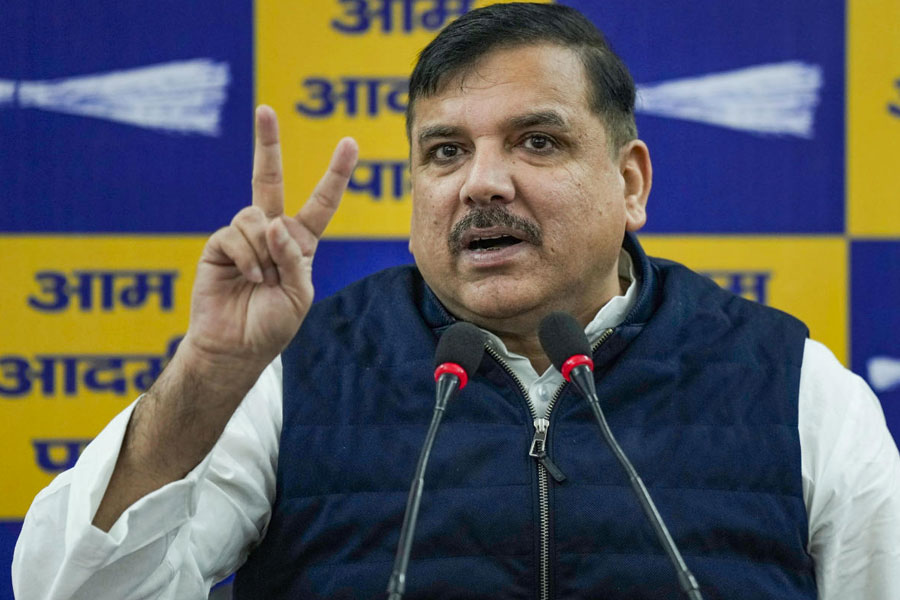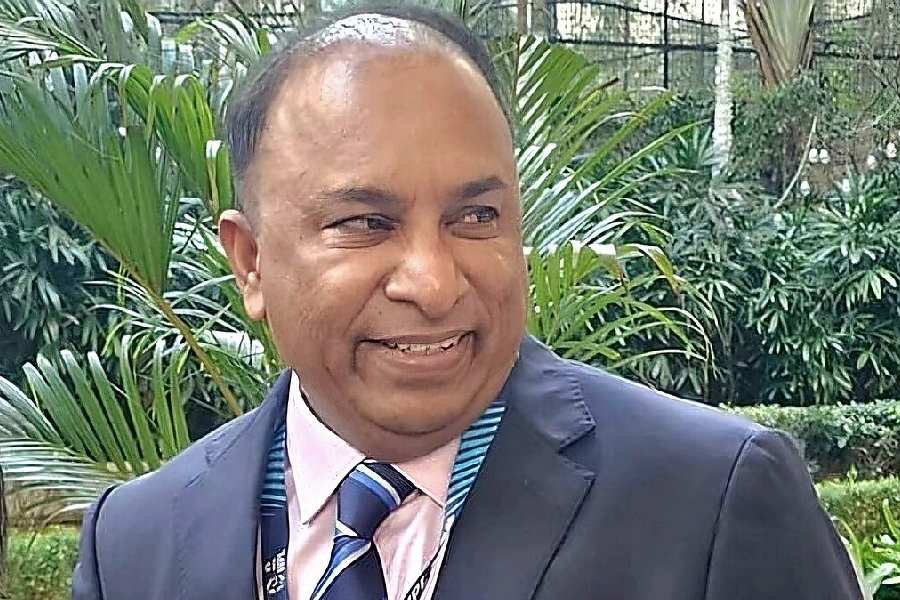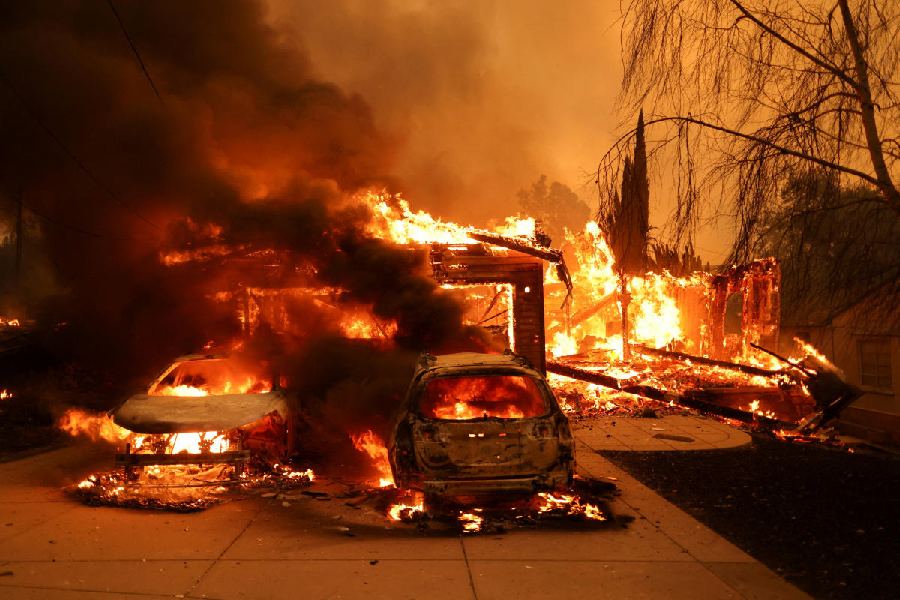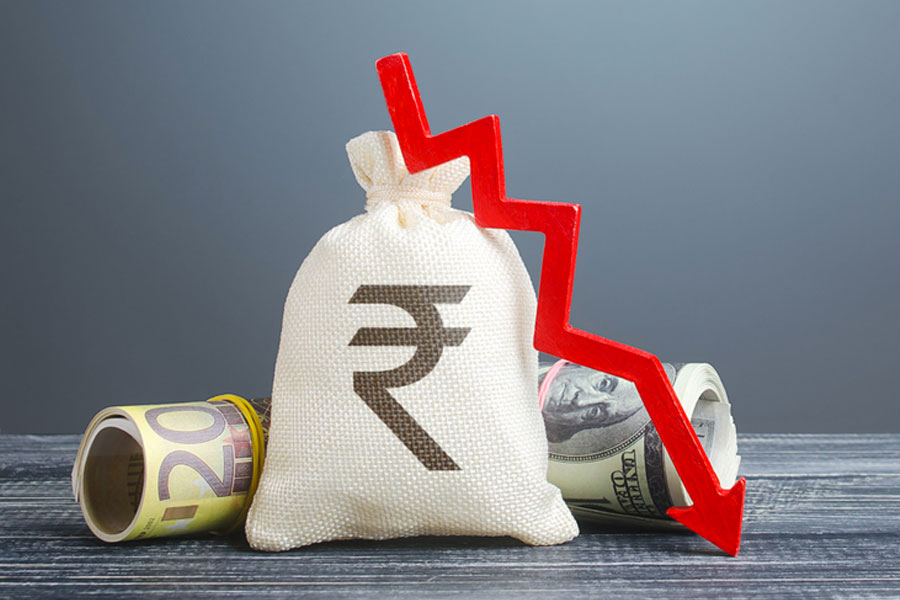Russia has been economically isolated after Russian forces invaded Ukraine in the biggest assault on a European state since World War Two. Moscow calls the assault a "special operation."
IMF curbs could be part of another round of sanctions, as the war in Ukraine enters its second week.
Russia has already been hit by a freeze on its central bank assets, a ban from EU, Canadian and U.S. airspace, the removal of a number of its banks from the SWIFT international payments system, and sanctions on a clutch of Russian tycoons.
The United States and the EU are now worried that Moscow, cut off from much of its $630 billion reserves, could have access to $17 billion in IMF reserves it received last year when the IMF boosted them to fight the COVID-19 pandemic.
The SDR is an IMF currency based on a basket of dollars, euros, sterling, yen and yuan. To spend the $17 billion in SDRs, Russia would have to find countries willing to exchange them for the underlying currencies, a prospect seen as unlikely.
A U.S. Treasury official said the United States was doing all it could to prevent Russia from benefiting from its holdings of IMF reserve assets, on Friday, saying Moscow faced big, if not insurmountable hurdles to doing so.
The United States and its partners, which account for the large majority of available counterparts in the IMF's SDR transactions system, will not undertake any such exchanges, the official said. read more
IMF head Kristalina Georgieva, meanwhile, spoke with Ukrainian President Volodymyr Zelenskiy on Friday and assured him of a "swift response" to Ukraine's request for emergency financing. read more
PRESSURE BUILDING
The officials confirmed that while curbing Russian membership rights in the IMF and blocking its access to the SDRs were discussed, the discussion was even broader, concerning Moscow's membership.
"There is on ongoing discussion to kick Russia out of all international financial institutions," a second senior euro zone official said, adding though the discussion on the IMF was chiefly about how to prevent Moscow from using its SDRs.
However, ejecting Russia from the IMF entirely may not be legally possible, another official said.
"The consensus legal reading is that it cannot be done. Even for members guilty of genocide it was not done, because it would require proof of a legal breach of the IMF agreement, so it very unlikely," the third official said.
Asked when the talks could come to a conclusion, the first official said the issue was urgent, but some other members of the IMF, which groups 190 countries, may object.
One of the officials said Russia's rights were being examined because of concerns it could use the IMF to avoid sanctions put on the Russian central bank.
"The United States is also looking into this. But ... China, India and others may be problem," the first official said.
U.S. Republican lawmakers have also urged U.S. Treasury Secretary Janet Yellen to block Russia from exchanging the $17 billion in IMF reserves it received last year.
They said $650 billion allocation of Special Drawing Rights to IMF members had undermined previous sanctions on Russia.

